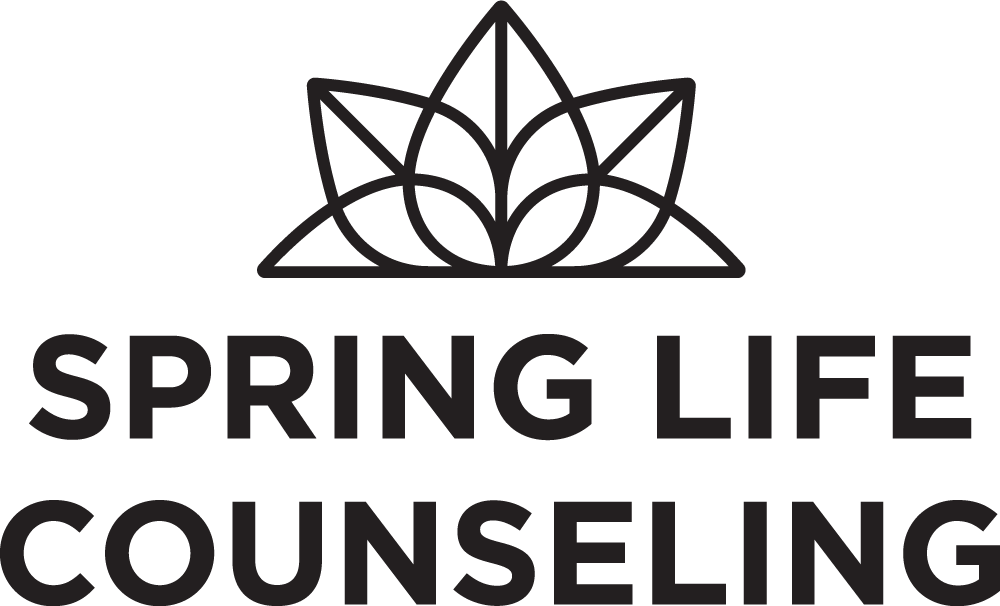FAQ: What kind of therapy do you do?
What kind of therapy do you do?
I get asked this question all of the time, both socially and professionally. The short answer is: it depends. It depends on who the client is and what he/she/they want to work on in counseling.
These days my counseling practice is comprised of about 1/2 individual clients and 1/2 couples.For individual sessions, I mainly pull from 2 therapeutic frameworks. And which I use depends on client choice and what I feel is therapeutically most beneficial.
My chosen therapy models:
Cognitive Behavioral Therapy (CBT).
If you've ever heard of a therapy type, it's probably this one. CBT is great for issues like anxiety, depression, anger, stress management, etc. What you say to yourself (self-talk) effects your mood, which effects what you do or don't do in a given moment or day. Easy example: if you wake up thinking about how much you have to do today, you feel overwhelmed, and you may drag on throughout the day.Thoughts ---> Feelings ---> Behavior. If you'd like to feel better or change a behavior, then changing the way you think about a situation is a good point to break up the negative chain reaction.
So CBT is a process of learning to catch your negative self-talk, evaluate it and categorize it, and come up with alternatives that are more healthy and balanced, resulting in a mood shift and behavior change.
CBT is one of the most widely researched and statistically validated therapy methods.CBT is good for you if:You are your own worst critic you have difficulty managing your stress level
You have a lot of anxiety or worry
You are in a season of depression or feeling down
EMDR (Eye Movement Desensitization and Reprocessing)
If you've ever seen therapy on TV, this is NOT what you've seen. If you expect counseling to be a conversation where you give updates about your life and your therapist says sometimes moderately insightful things (ha) that pertain to what you're reporting...EMDR is not going to match the picture of the therapy process that you have in your head!I say it all the time: EMDR IS WEIRD! But...as they say, the proof is in the pudding and I love watching the process unfold with clients.
EMDR accesses the adaptive information processing system in your brain. Ideally, all of your life events (positive or negative) should end up properly filed in long-term memory where you should have to intend to recall them. When negative events happen, your brain can sometimes have difficulty properly filing them, resulting in them causing maladaptive responses over time. Essentially, EMDR takes a negative experience, reduces your mental, emotional and physiological disturbance about the event, and helps you associate a more adaptive truth with the event.
Easy example: you were in a bad car crash on your way home from high school and now every time you pass a school zone you get panicky. This would be an indication that your brain hasn't properly filed away the experience.EMDR is great for client's who feel like they have one or more areas of life where "the past is too present." You may be acting out of old relational hurts, or unresolved traumas.
For couples sessions, I draw from a few therapy frameworks, which really depends greatly on what issue the couple wishes to work on. Most couples need help empathizing with the other, and help focusing more on heart than behavior. People often think they need communication help (and sometimes they do) but it's more often about deeper issues than that. I draw from a few attachment-based therapy models, namely emotionally focused therapy and imago therapy.
If any of this sounds like something you'd like to hear more about, ask away! I can be contacted here.

